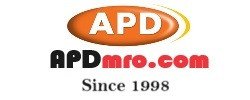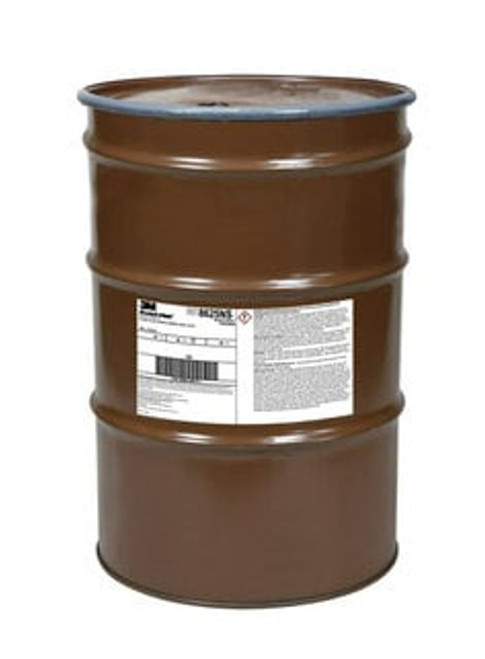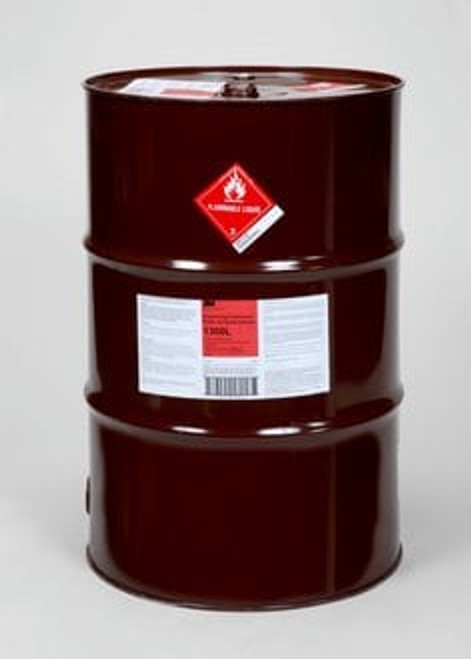3M Sales UPC: 00021200202780; 3M 5-Digit Part Number: 20278; 3M Previous Stock Number: 62216695205; 3M Consumer UPC: No Data; 3M Inner UPC: No Data; 3M Shipper UPC: 50021200202785; Ship Container Length: 0.610 (Meter); Ship Container Height: 0.883 (Meter); Ship Container Width: 0.610 (Meter); Ship Container Volume: 328.564 (Cubic decimeter); Ship Container Weight: 189.536 (Kilogram); Shelf Life: 912 Days; Country of Origin: USA; ECCN Number: EAR99; Harmonizing Code: 3506915000; Transport Protective Service: PROTECTIVE SERVICE NOT REQUIRED; NMFC Item: 044500; NMFC Sub: 02; NMFC Class: 092.5; US DOT, 49 CFR Ground: UN1133, ADHESIVES, 3, II; US DOT, 49 CFR Vessel: UN1133, ADHESIVES, 3, II, MARINE POLLUTANT, (CYCLOHEXANE, ZINC OXIDE), -026C; International Air Transport Association (IATA): FORBIDDEN PACKAGE SIZE EXCEEDS IATA QUANTITY LIMITATIONS; International Maritime Organization (IMO): UN1133, ADHESIVES, 3, II, MARINE POLLUTANT, (CYCLOHEXANE, ZINC OXIDE), -026C. Product Information: Available in tubes, cans or pails, 3M™ Neoprene Contact Adhesive 10 is a versatile, solvent based adhesive. It offers high immediate handling strength and good heat resistance, and is commonly used for bonding most metals and plastics. It is also suitable for large surface panel or composite lamination..
A Versatile Rubber and Gasket Adhesive
Our 3M™ Neoprene Contact Adhesive 10 has been one of our most versatile solvent based adhesives for heavy duty surface laminations for 60-plus years. It provides excellent heat and water resistance, performing in temperatures up to 300°F/148°C. 3M™ Neoprene Contact Adhesive 10 dries quickly while allowing time for positioning and adjustments without slowing down work processes.
Recommended Applications
- Metal honeycomb composite panels
- Durable stainless steel to wood panels
- Woodworking
Applying Your Adhesive
Whether it is being sprayed, brushed or rolled on, the application of your 3M™ adhesive is a straightforward process. Start by carefully applying your adhesive to your surface until you’ve formed a uniform coat. Using an overlapping pattern, the application of one coat should prove sufficient for most surfaces. Some substrates, including porous materials, may require an additional coat. In order to apply additional adhesive, simply wait until the existing adhesive becomes dry to the touch, and then proceed with the application of the additional coat.







